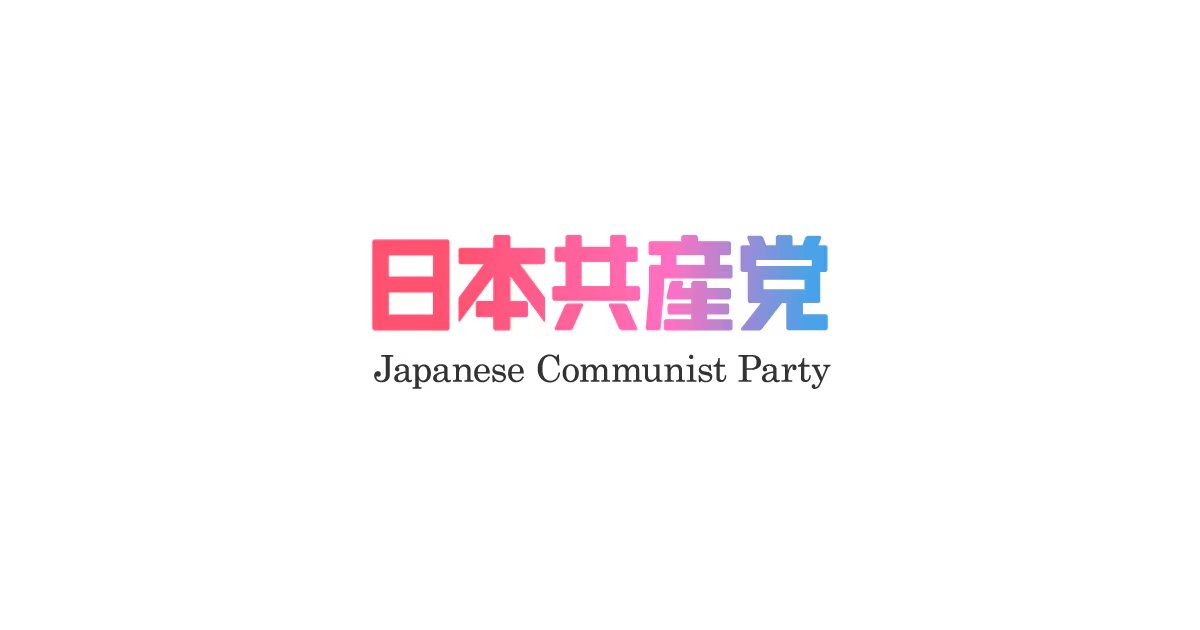Melonpan: a sweet fluffy bun with a crisp cookie crust, has long been a comfort snack in Japan.
However, it has recently taken on an unexpected role: an election symbol adopted by the Communist Party against the far-right Sanseito. How did this humble pastry become political?
However, it has recently taken on an unexpected role: an election symbol adopted by the Communist Party against the far-right Sanseito. How did this humble pastry become political?

It started when an old video of a Sanseito politician resurfaced online, in which he claimed that he had "seen many people die the day after eating just one melonpan." I do not know why he said this, but Sanseito’s obsession with organic food and fear of additives likely fueled the claim.
The clip began making the rounds again right as the House of Councillors election season kicked off, drawing attention for how oddly specific and unscientific the comment was.



The clip began making the rounds again right as the House of Councillors election season kicked off, drawing attention for how oddly specific and unscientific the comment was.
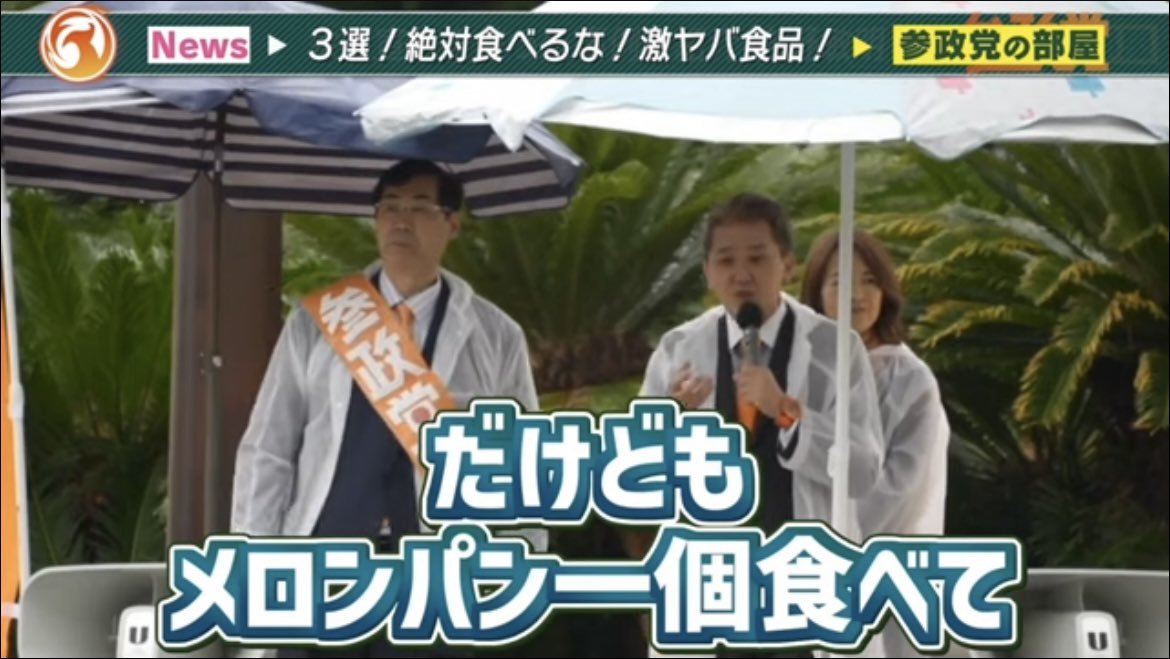
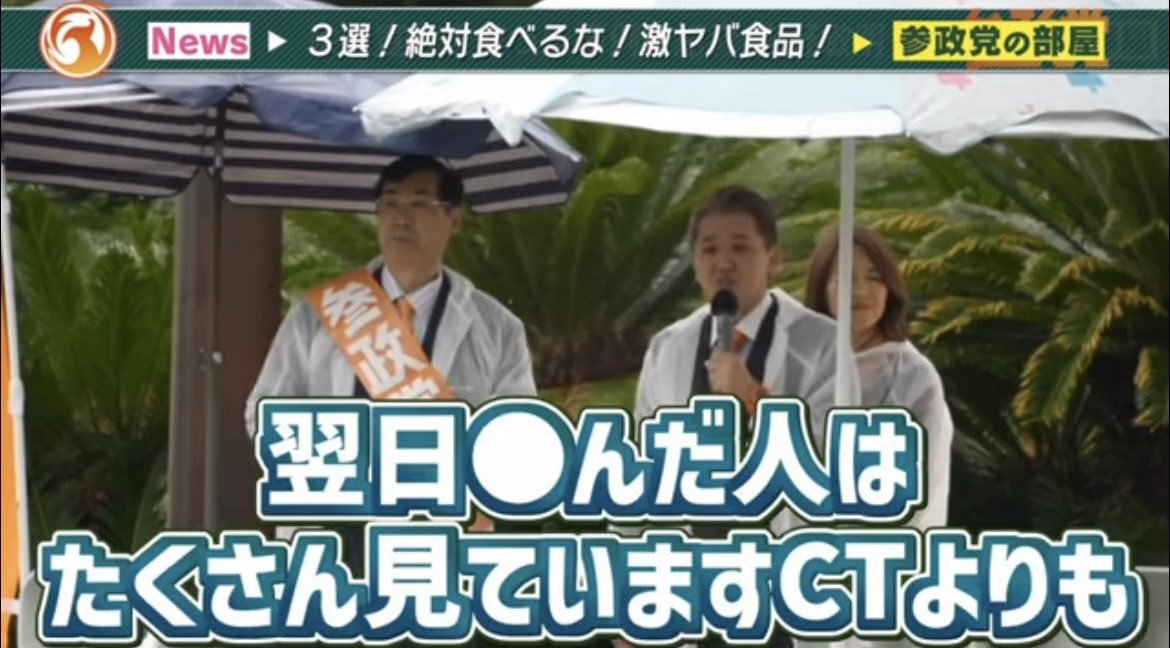
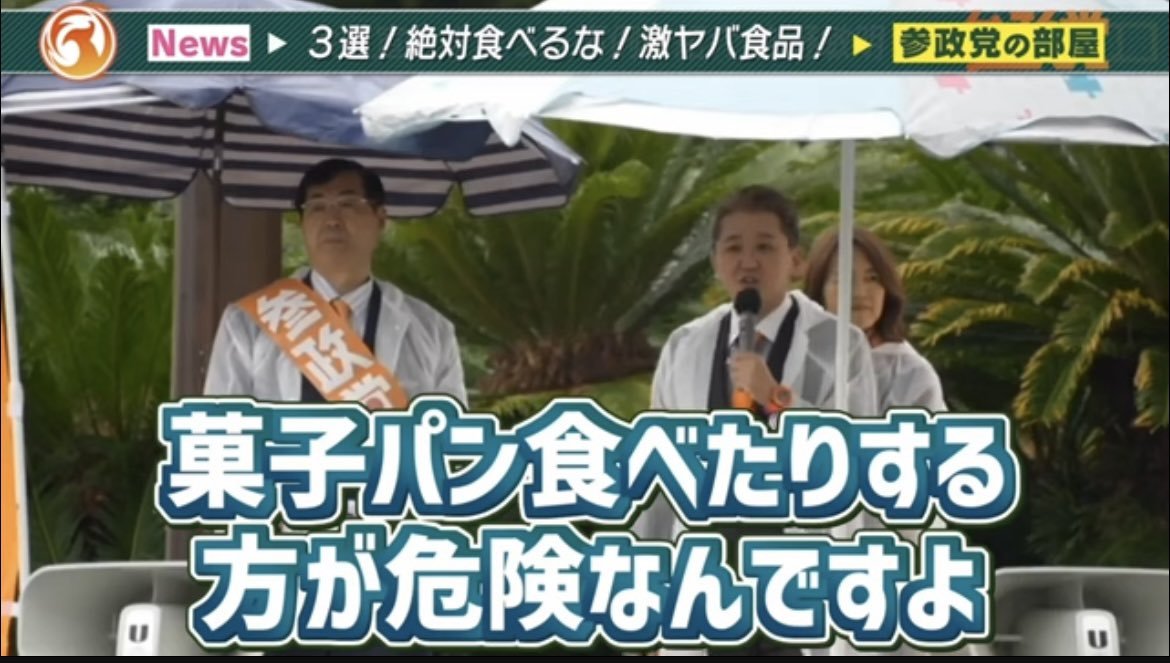

The Communist Party quickly jumped on the moment.
At a July 4 rally in Osaka, party leader Tomoko Tamura was gifted a melonpan by her colleague, a clear jab at Sanseito. She used it to criticize their nationalist, anti-foreigner stance and ended the rally by raising the Melonpan and singing Power to the People by John Lennon.
At a July 4 rally in Osaka, party leader Tomoko Tamura was gifted a melonpan by her colleague, a clear jab at Sanseito. She used it to criticize their nationalist, anti-foreigner stance and ended the rally by raising the Melonpan and singing Power to the People by John Lennon.

Since then, melon pan has become an unofficial symbol for the Communist Party this election. Candidates hold them up during campaign speeches, left-wing activists bring them to protests, and anti-Sanseito demonstrators now troll their rallies by waving melon pans in the air. 



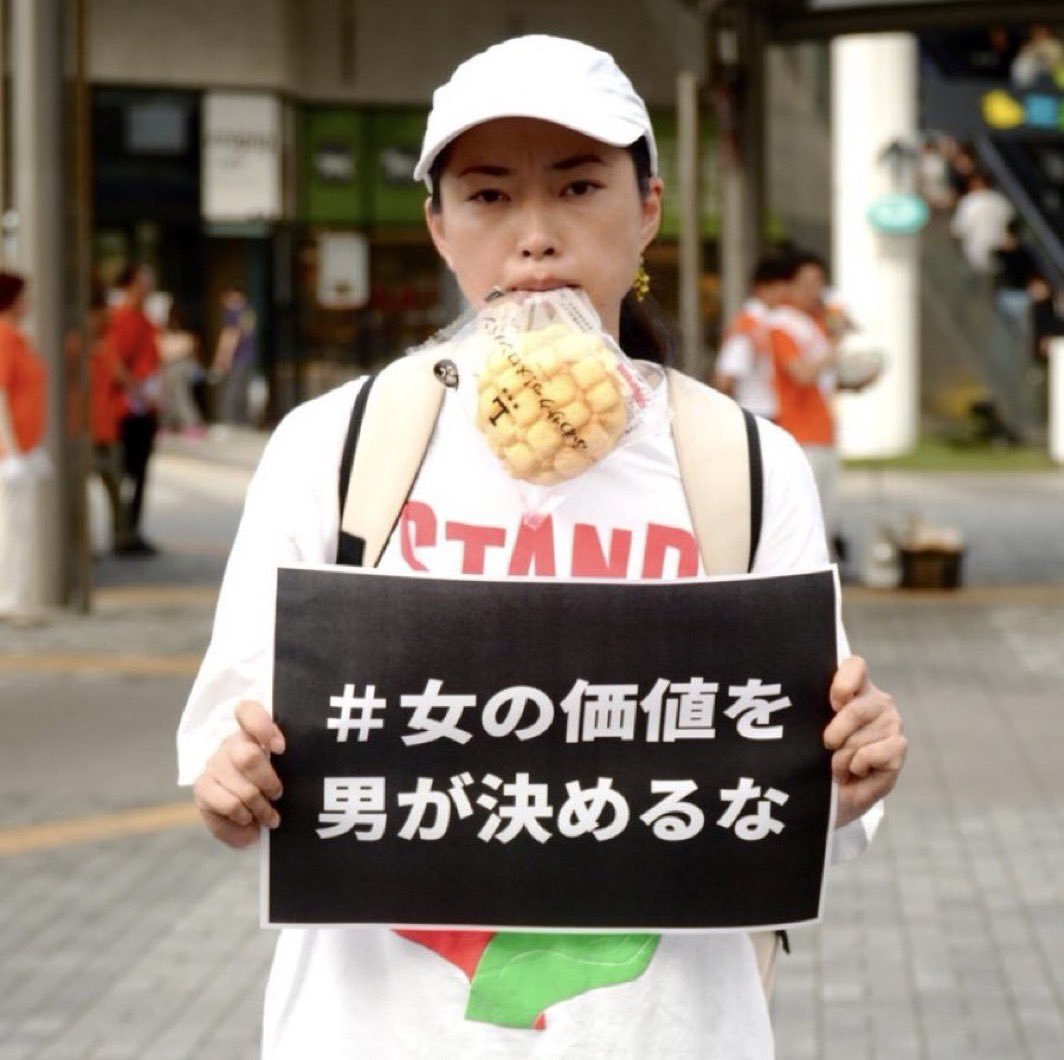


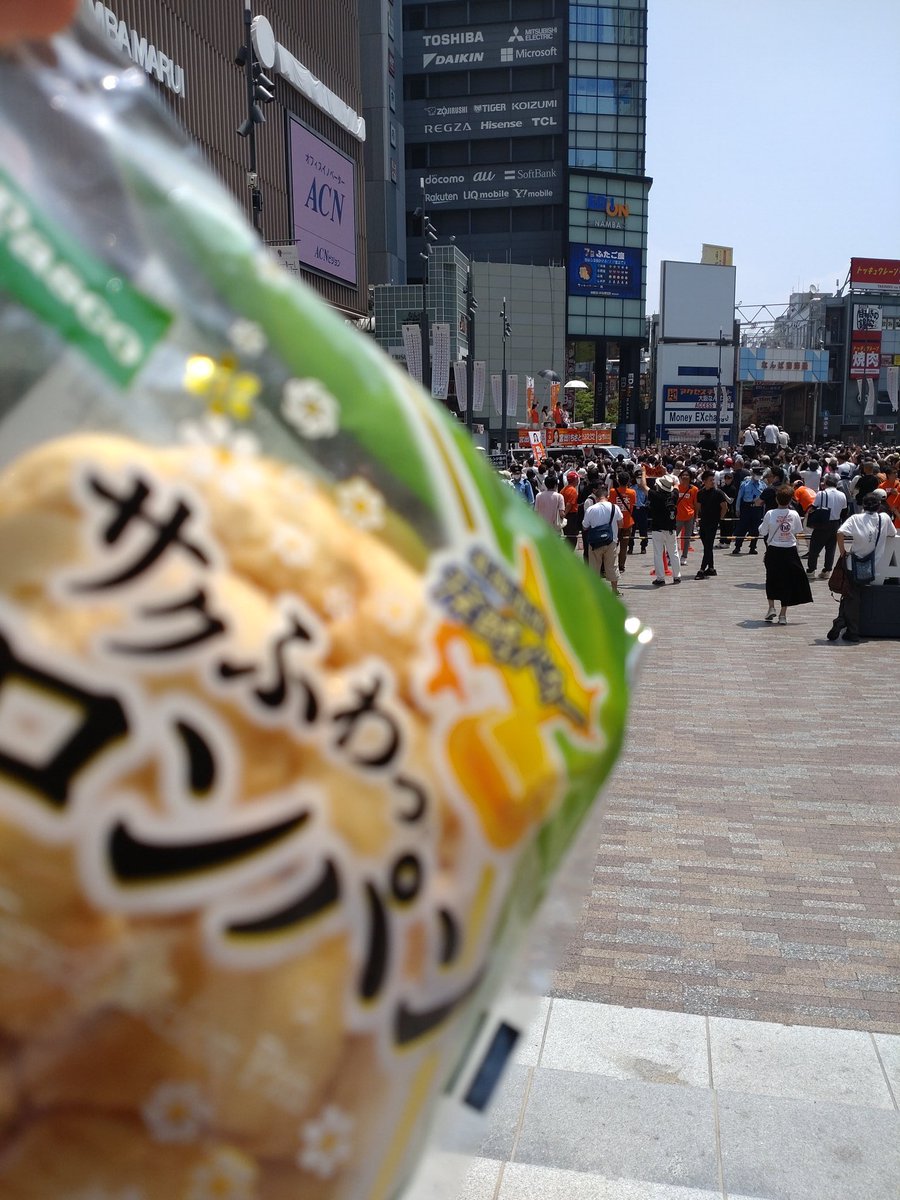
• • •
Missing some Tweet in this thread? You can try to
force a refresh

